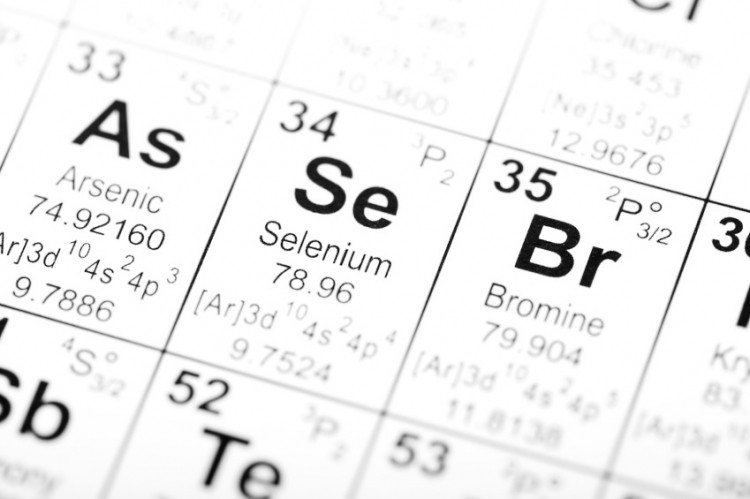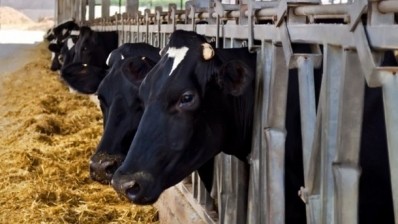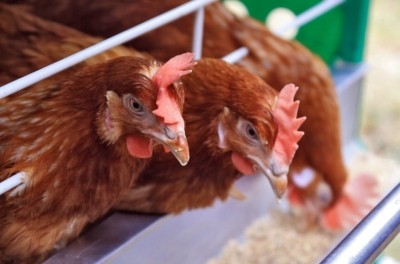Antioxidant supplements may lower animal cholesterol levels and produce healthier meat

Daily doses of 2.5 mg of organic selenium per cow and 1,000 IU of vitamin E for three months days were associated with selenium content in the meat six times greater than meat from beef cattle that have not had the supplemented, while vitamin E levels were also significantly increased.
When humans consumed the meat for 45 days, the researchers found that they had higher selenium serum levels, a result of particular importance in regions where the selenium content of soil is low, such as Brazil and Europe.
‘A safe and efficient source of selenium to animals and humans’
Scientists from the University of São Paulo presented their research at the 64th Annual Meeting of the European Federation of Animal Science held in Nantes, France in August 2013.
The organic selenium used in the USP study was Sel-Plex, from Alltech, a natural source of selenium enriched yeasts with higher bioavailability than inorganic sources. Sel-Plex is the only FDA reviewed and the first EU approved form of organic selenium for all animal species.
Commenting independently on the study’s results, Steve Elliott, global director of the mineral management program for Alltech, said the USP is one of the most prestigious universities in this field of study, with the global livestock and poultry sectors.
“Selenium has once again been confirmed as a critical component for the human diet, and Alltech is committed to delivering a safe and efficient source of selenium to animals and humans in a natural way.”
Selenium
Selenium, an essential nutrient for animals and people, is a powerful antioxidant and plays a critical role in metabolism, reproductive health and the body’s natural defense system.
The mineral is included in between 50 and 100 different proteins in the human body, with multifarious roles including building heart muscles and healthy sperm. A recent review paper by Joyce McCann and Bruce Ames from the Nutrition and Metabolism Center at Children’s Hospital Oakland Research Institute in Oakland (CHORI) indicated that moderate deficiency in selenium may have long-term detrimental effects (FASEB Journal, 2011, Vol. 25, pp. 1793-1814).
The new study, led by Dr Marcus Antonio Zanetti from USP’s School of Animal Science and Food Engineering, aimed to determine the effects of canola oil as a fat source when combined with the antioxidants vitamin E and selenium, as well as determine the metabolic lipid oxidation and nutritional value of the beef. The result – a meat enriched with vitamin E and selenium with lower levels of cholesterol.
Dr Zanetti explained that studies like this are important to improve human nutrition in a time of great demand for healthier products.
“Strengthening the immune system of people and helping health professionals, nutritionists and all those involved in the meat production chain find a practical way to do so is one of the objectives of this research,” he said.
Study details
In the first part of the study, the researchers divided 48 Nellore bulls into four groups with and without additional supplemental selenium, vitamin E and canola oil. The second phase aimed to provide selenium-enriched meat to a group of elderly people.
Results showed that supplementing the diet of animals with 2.5 mg of organic selenium per cow per day for a period of three months during fattening led to significant increases in both amount of selenium in the blood of animals and the mineral content in the meat, compared with beef cattle in the control group.
According to Zanetti, the cholesterol level in the blood and meat of the animals that were fed the selenium-enriched diet was also reduced significantly.
In the second phase of the research, to assess the effects of meat supplemented with selenium on lowering cholesterol in human blood, the researchers conducted a study in a nursing care facility in São Paulo. For periods up to 90 days, the cattle meat supplemented with selenium and vitamin E was included in the meals of 80 elderly people in different variations on the menu. The special diet was coordinated by a registered dietician for the project.
After 45 days, a blood test analysis for the group showed an increase in the amount of selenium in the blood plasma. Zanetti emphasized that the results of cholesterol rates are not yet completed.
"However, through this research, we have seen an increase in the availability of vitamin E and selenium in the blood of the group that ate the meat,” said Zanetti.
“The daily consumption of 200 grams (7 ounces) of meat supplemented with selenium is able to provide the recommended mineral [50 micrograms] daily intake,” he added.
Source: 64th Annual Meeting of the European Federation of Animal Science
“Canola oil, organic selenium and vitamin E in steers rations and Se levels in animals and humans”
Authors: M. Zanetti, L.B. Correa, et al.

![Ethoxyquin is an antioxidant used in farmed fish or poultry diets [pic: istock.com (c)]](/var/wrbm_gb_food_pharma/storage/images/_aliases/wrbm_medium/7/0/8/7/347807-1-eng-GB/EFSA-draws-a-blank-on-safety-of-ethoxyquin-use-in-feed.jpg)












